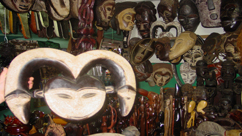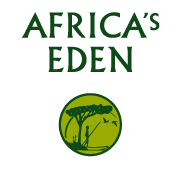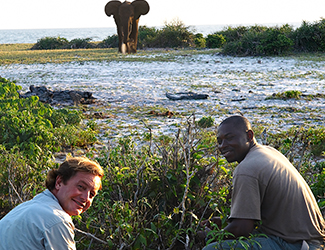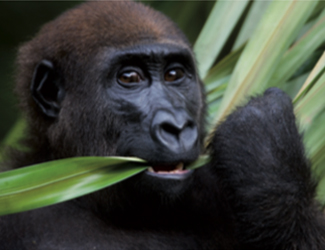Gabon: code of ethics
Before visiting a country, it is advisable to acquaint yourself with the characteristics of the country you are preparing to visit.
Gabonese heritage
Africa’s Eden aims to bring people from around the world into contact with Gabon’s unique pristine nature, where the wildlife of the equatorial rain forests spills out onto the Atlantic beaches, as well as with its 400,000 years of human history that has resulted in 40 ethnic groups and profound traditions. Gabon’s masks inspired artists such as Picasso and its music has arguably given birth to reggae and calypso, through the tragedy of the slave trade.
Our guiding principal is to develop an experience that will move people to understand and care about the cultures and ecosystems they visit, allowing people to discover and learn about little known biological spectacles, whilst cultivating exchange between tourists and local cultures that have been profoundly affected by the forests they have evolved in, creating a product that is uniquely Gabonese.
Gabonese people
The Gabonese people are very communal. Personal space is neither needed nor respected. When people are interested in something, they stare at it. It is not rude to call something what it is, to identify someone by his or her race, or to ask someone for something that is wanted. Foreigners are often offended by this. They may feel personally invaded by having someone stand in their space, insulted at being called white, and put off by people who ask them for their watch and shoes. None of these things are meant in a negative way, however, as they simply reflect the up-front nature of the Gabonese. Conversely, celebrity figures are treated with incredible respect. They are the first to sit, and the first to be fed, and are catered to with detail, regardless of their moral standing in society.





